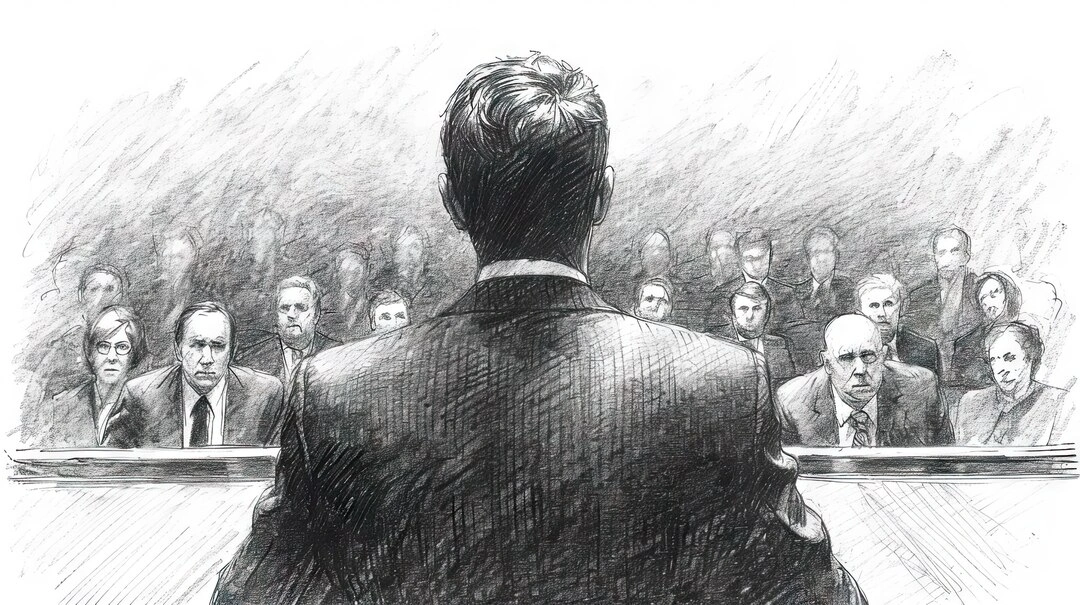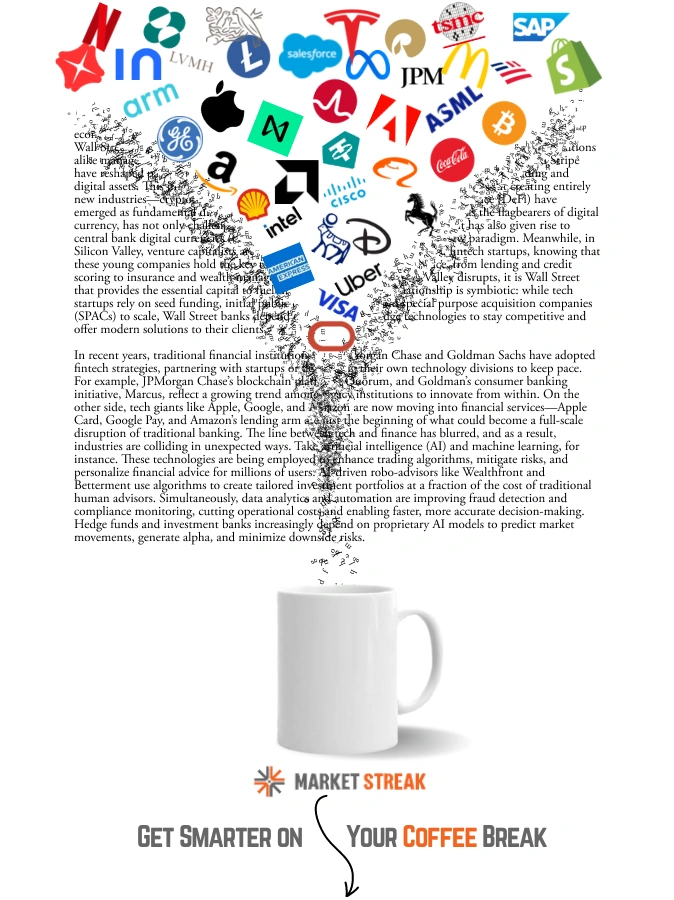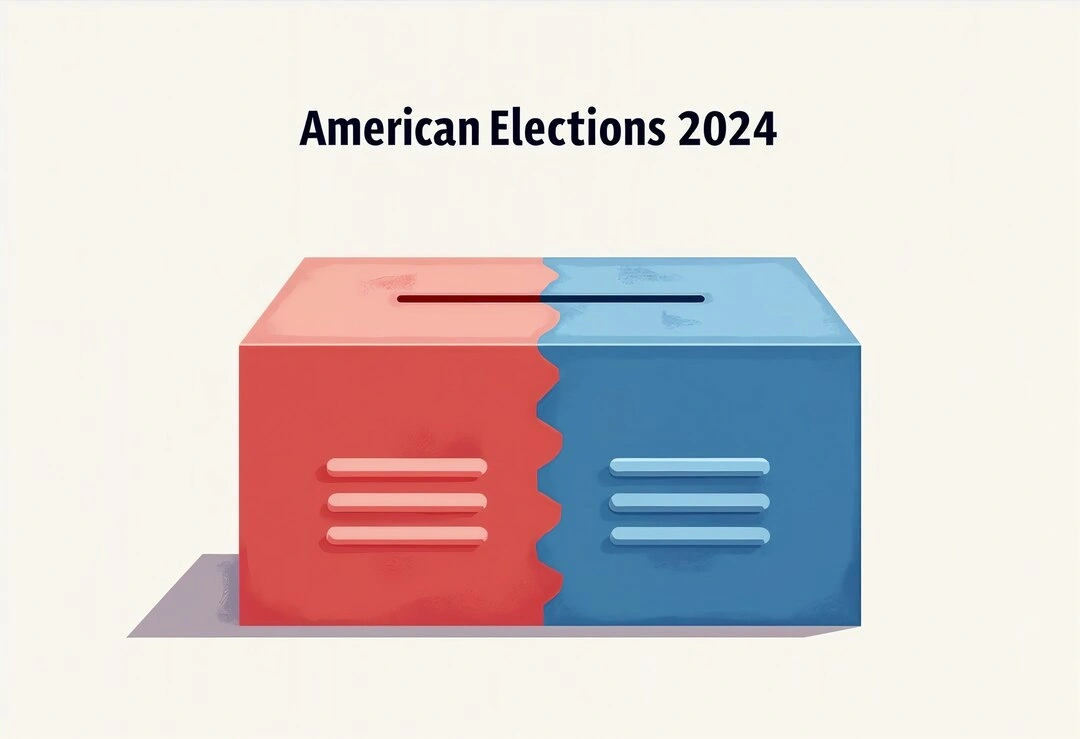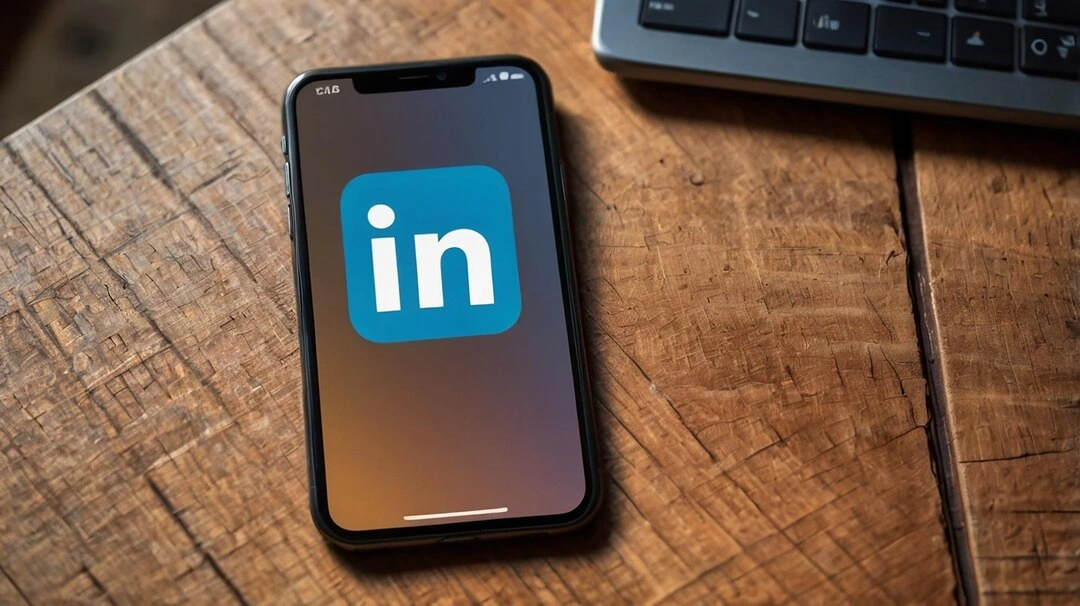Leadership
Decision Making
Tim Cook
Steve Jobs

Leadership
Decision Making
Tim Cook
Steve Jobs
Apple CEO Tim Cook's journey to the helm of the tech giant is a compelling narrative of risk, mentorship, and the evolution of a unique leadership style. His story is inextricably linked to the influence of Steve Jobs, the co-founder who, in 1998, recruited Cook from Compaq Computer Corporation, where he served as vice president of corporate materials. Before Compaq, Cook had experience at Intelligent Electronics and a significant 12-year tenure at IBM, immediately following his college graduation.
Despite reservations from friends and colleagues about leaving a stable position at Compaq for a then-struggling Apple, Cook recognized an unparalleled opportunity. As he later recounted to the Wall Street Journal, "I thought I had the chance of a lifetime. I didn’t want to pass that up." This calculated risk proved pivotal, not only shaping Cook’s career but also providing a foundational learning experience under Jobs’ tutelage, instilling crucial leadership skills that propelled him to the CEO position.
One of the most significant lessons Cook gleaned from Jobs centers on the paramount importance of intellectual flexibility – a willingness to abandon preconceived notions in the face of compelling new evidence. This, Cook emphasizes, is a rare attribute among leaders. Jobs cultivated an environment where debate thrived, actively encouraging challenges and valuing those who could readily admit errors when presented with superior alternatives.
Cook described their dynamic in an interview: "You could always change [Jobs’] mind if you had the best idea. We changed each other’s minds. That’s the reason it worked so well.” Jobs frequently employed the tactic of playing devil's advocate, forcefully arguing a position he didn't necessarily believe in to stimulate robust discussions and uncover deeper insights. This approach, Cook explained during a 2022 Recode conference, was, in Jobs' view, the most effective method of learning and refining ideas.
A prime example of this dynamic is their extensive debate regarding the sales model for the original iPhone in the early 2000s. Jobs favored a revenue-sharing model, where Apple would receive a percentage of the monthly revenue generated by phone carriers. Cook, however, championed a subsidy model, in which carriers would prepay a portion of the iPhone's cost, recouping their investment through subscription sales. While the company initially adopted Jobs' revenue-sharing model, it eventually transitioned to Cook's subsidy model after Cook assumed the CEO role in 2011. This shift, according to reports, was instrumental in the subsequent explosion of iPhone sales. Today, Apple's sales are staggering, with the company reportedly selling seven iPhones every second.
Cook's ascension to the CEO position wasn't a sudden leap; it was a gradual progression built on years of collaboration and trust. He played a critical, albeit largely behind-the-scenes, role in Apple’s remarkable turnaround, leveraging his expertise in logistics, supply chain management, and operational efficiency. This expertise became essential when Jobs took a medical leave of absence from the CEO role in 2004 due to health concerns. Cook seamlessly stepped in as interim CEO, demonstrating his readiness to assume leadership responsibilities. Upon Jobs' return in 2005, Cook was promoted to chief operating officer, a testament to his capabilities. He again served as interim CEO in 2009, finally assuming the permanent CEO position in 2011, just weeks before Jobs passed away from pancreatic cancer.
In a 2019 commencement speech at Stanford University, Cook candidly acknowledged the immense pressure and solitude he felt after Jobs’ death. He confessed, "I learned the real visceral difference between preparation and readiness. It was the loneliest I ever felt in my life by an order of magnitude.” The absence of Jobs, his mentor and sounding board, presented an unparalleled challenge. Yet, Cook recognized the need to perform at his peak, understanding his responsibility to ensure the company's continued success.
Since becoming CEO in 2011, Apple's market capitalization has experienced phenomenal growth, soaring from $364.4 billion to an estimated $3.55 trillion by October 2024. Cook attributes a significant part of this growth to his emphasis on hiring individuals who can effectively challenge existing paradigms and possess skills that complement his own. He highlights the examples of the original iPhone and iPod, initially developed by relatively small teams, as evidence of the power of focused innovation and the leveraging of diverse skill sets within the company.
However, Cook's tenure hasn't been without its challenges. 2024 saw Apple announce layoffs in April and August, cancel its long-awaited electric vehicle project (initially conceived in 2014), and contend with declining sales of the iPhone 15.
Despite these headwinds, Cook’s personal journey remains an inspiration. He hails from humble beginnings, the first in his family to attend college. His early work ethic was ingrained from a young age; at 12, he began a paper route, waking up at 3 a.m. daily to complete his deliveries. Reflecting on his improbable ascent to the leadership of one of the world’s most valuable companies, Cook told the Wall Street Journal, “I did a 25-year plan when I was in graduate school at Duke, and the first year or two was reasonably accurate. But after that, it wasn’t worth the paper it was written on.” His story serves as a powerful reminder that ambition, resilience, and adaptability are potent forces in shaping individual success and guiding organizational growth. The challenges of 2024, while significant, do not diminish the magnitude of Cook's achievements and the enduring influence of the lessons he learned from Steve Jobs. His legacy continues to be shaped by his commitment to fostering an environment of intellectual agility and collaborative innovation within Apple.
SHARE


news
30th October 2024

news
30th October 2024


news
30th October 2024

news
30th October 2024


news
30th October 2024


news
30th October 2024


news
30th October 2024